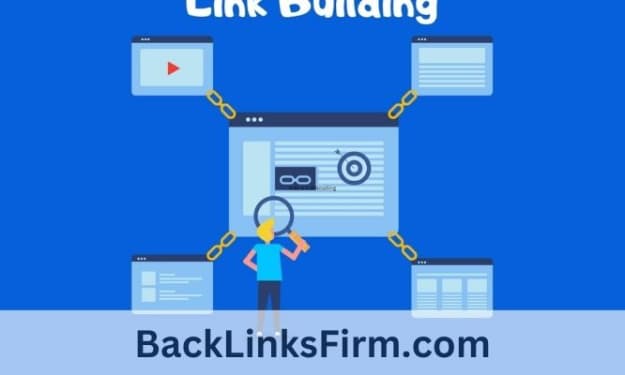Effects of Social Media on a Lawsuit
What you share online can have serious consequences on pending family, criminal and personal injury lawsuits.

We live in a world in which sharing our thoughts and opinions online has become normal. Most of the time the information we share online has no significant effect on our lives. However, what you post on social media platforms or share online can have serious repercussions on pending legal cases. An injury claim or a divorce case can be dramatically impacted by the wrong information shared online. Courts now accept online posts and social media as evidence in different types of cases. We have summarized a few examples of how social media can affect the outcome of a case and why it’s important to analyze carefully what you share online.
Compensation Impacted by Online Posts
The goal with a personal injury claim is to achieve the maximum compensation amount possible to cover for medical expenses, lost wages, property damage, pain and suffering, emotional distress, etc. The economic damages you are able to recover are determined by your medical bills, loss of earning capacity due to time away from work, and other tangible losses that you suffered because of the accident. Non-economic damages such as pain and suffering are non-tangible losses that you incurred, examples of these include mental anguish, depression or anxiety. It’s more difficult to establish a monetary amount for these non-economic damages and to do so often requires testimony from mental health experts and loved ones who can testify about how the accident drastically affected your life. The courts may also investigate and include your social media accounts to determine the damages that you are entitled to. For example, if you claim that the accident caused you severe injuries that don’t allow you to walk but your pictures on social media show that you’re going to the gym, working, and living your life normally, then these pictures could hurt your claim.
During a personal injury claim the other side can have access to your social media accounts at any time and use the information found there against you. According to car accident lawyer John Phebus, modern courts typically admit content found on social media accounts as evidence. Lawyers defending the other side of the claim can admit your social media information as evidence to dispute your claim and reduce the amount of compensation that you receive. If you have a pending injury claim it’s best not to discuss anything about it online via text messages, posts, etc. and to avoid oversharing information about the accident on any social media platform.
Divorce During the Digital Era
There are many complex issues at play during a divorce such as property division, financial disclosures, child custody issues, and more. Anything you post on the internet such as pictures, emails or texts are admissible in court and can be used against your case. An example of how these online statements can be used against one of the parties is if your spouse lied about his or her financial situation to reduce alimony or child support payments. They may post about a new pay raise or share pictures of an expensive exotic vacation. These posts can be used to support an investigation into the financial disclosures in a divorce. If you are in the middle of a divorce, it’s best to refrain from sharing personal information on social media or speaking publicly online about an ex-spouse, the wrong information in the right hands can seriously affect your case.
Protect The Outcome of Your Case
After you suffered an accident and your attorney is working on your claim, avoid posting on social media platforms and messaging with friends about your pending case. Don’t admit fault either publicly or on private messages or say anything incriminating online. Anything posted, liked, or shared on social media, even if it seems harmless, can be used by the other side against your claim and potentially jeopardize your compensation or affect the outcome of your case.





Comments
There are no comments for this story
Be the first to respond and start the conversation.